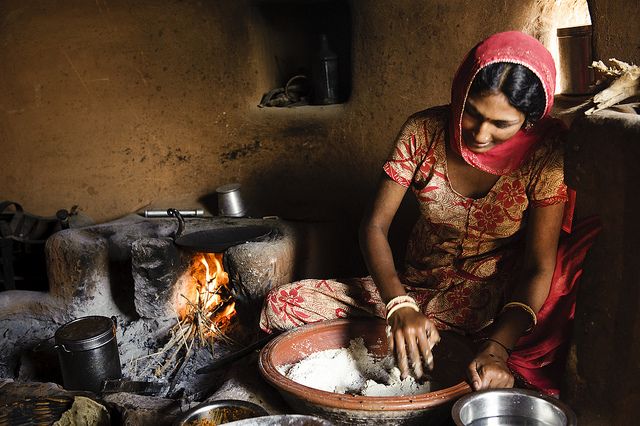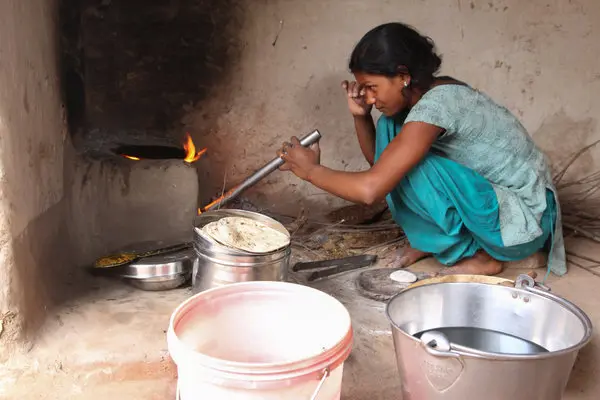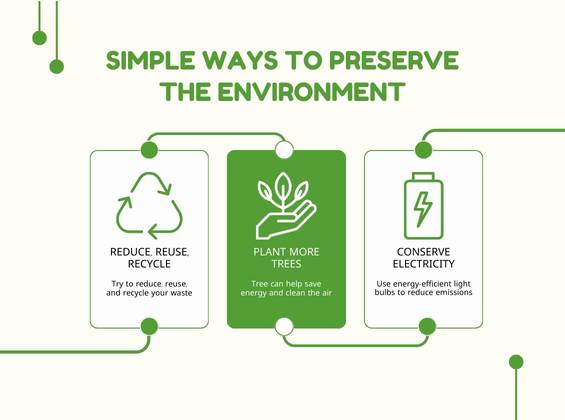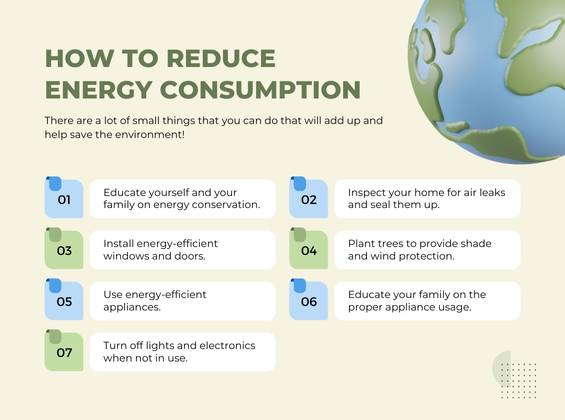
Indoor air pollution is affecting our health
It is not just money but our health that we need to take seriously in pollution.
According to the World health organization, 2.4 billion people worldwide continue to cook with kerosene and solid fuels, including wood, agricultural waste, charcoal, coal, and dung, over open flames and inefficient stoves. Most of these people are underprivileged and reside in low- and middle-income nations. Urban and rural areas have very different access to cleaner cooking options: in 2020, just 14% of urban residents relied on polluting fuels and technology, compared to 52% of the world's rural residents.
The use of inefficient and polluting fuels and technologies inside and outside the home contributes to household air pollution, which comprises a variety of harmful pollutants, including tiny particles that may go deep within the lungs and enter the bloodstream. Indoor smoking can have levels of fine particles 100 times over what is tolerable in poorly ventilated buildings. Women and children, who spend the most time close to the household fireplace, are at increased risk for exposure. Additionally, relying on inefficient technology and fuels means spending a lot of time obtaining and preparing fuel as well as cooking on inefficient appliances.
To make our health better, we need to plan of action where we make our health better by using the appropriate fuel to cook to keep ourselves healthy. This is possible by using the correct fuel, like electricity or even solar.
At the governmental level, it is time to scale up public and private investments to deliver clean cooking solutions in every household—to empower women, keep families healthy and the environment clean.
Let us work on doing this and asking others to do so as soon as possible.


.png)


Leave A Comment
Your email address will not be published. Required fields are marked.